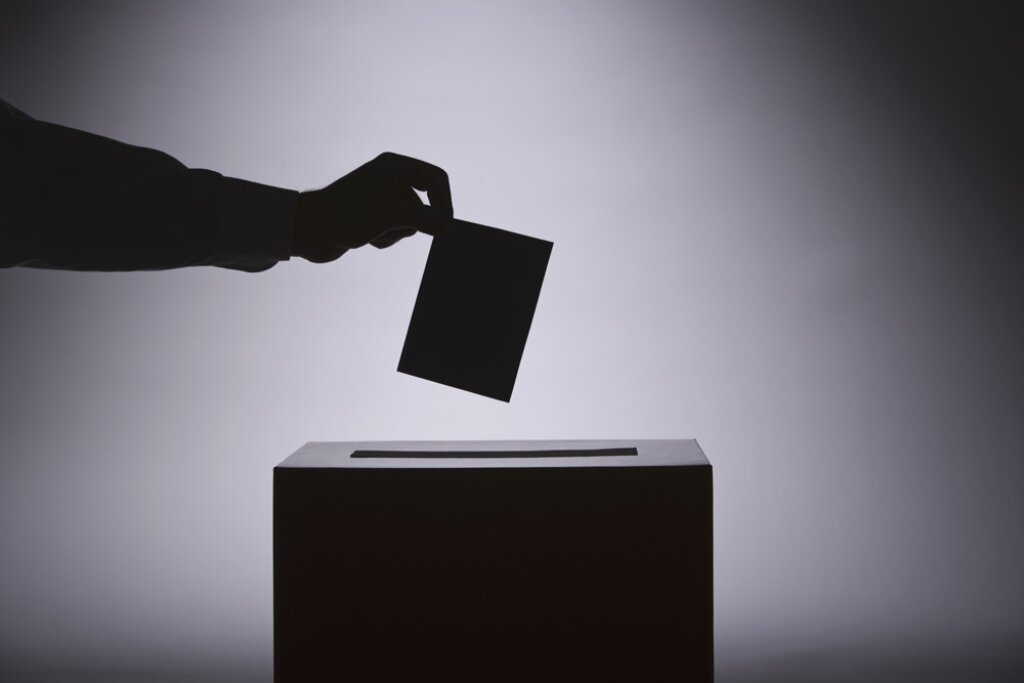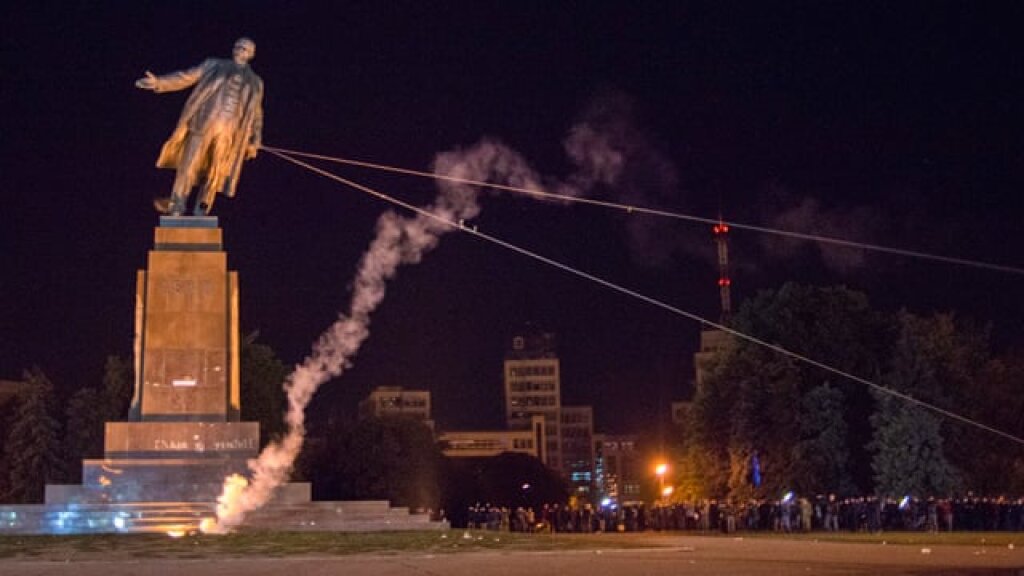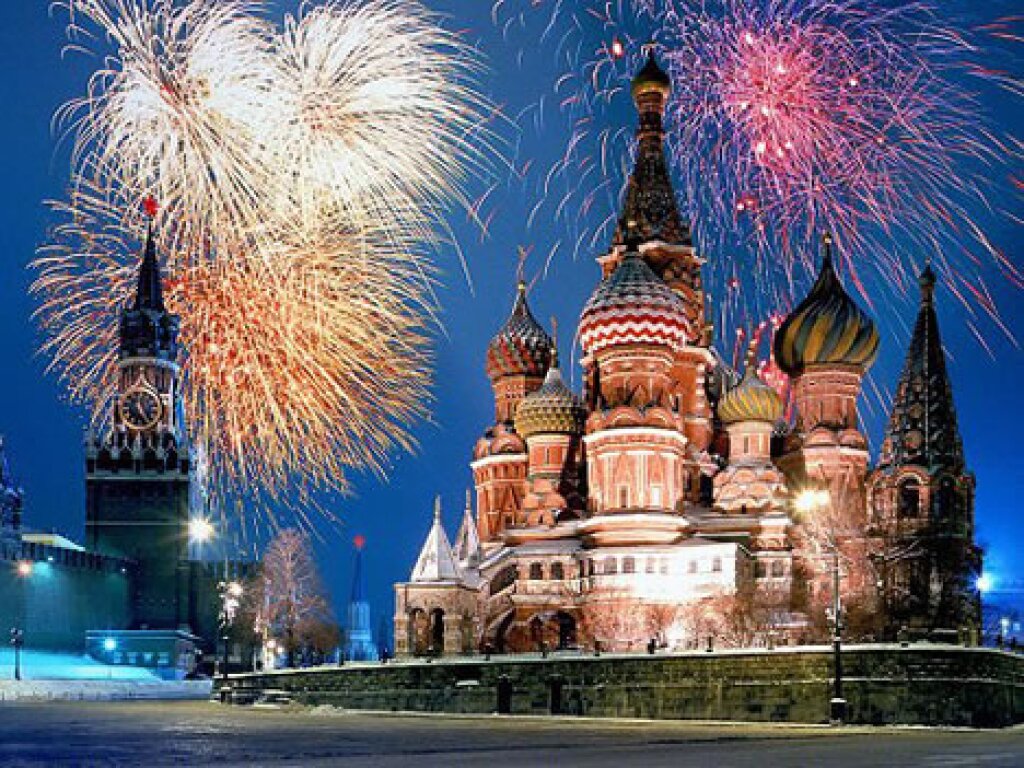Noah Buckley is an Assistant Professor in the Department of Political Science at Trinity College Dublin and Research Fellow at the International Center for the Study of Institutions and Development at the Higher School of Economics in Moscow.
When economic conditions in a country worsen, the public’s support for elected leaders in office at the time often takes a substantial hit. This relationship between economic health and approval numbers is well-established. For this reason, leaders in democracies the world around live in fear of being held accountable for a painful recession they may have had a hand in allowing to occur.
What happens to this relationship in countries without full-fledged democratic political systems? Without elections as a venue for the public to express their disapproval and potentially “vote the bums out,” perhaps in authoritarian countries widespread support comes not from economic successes, but from propaganda, an emphasis on social stability, or promotion of values other than economic performance. Much discussion of Putin-era Russia—both from within the regime and from external observers—identifies these factors as being crucial for authoritarian leaders like Vladimir Putin maintaining support.
However, a sizable and growing subset of political-science research finds that citizens’ perceptions of economic performance are in fact an important driver of leader approval—even in authoritarian regimes like current-day Russia. In these cases, there are no free and fair elections to provide a chain of accountability that voters can yank when dissatisfied and produce a change in leadership (or at least contrition). Nevertheless, the public does reward leaders in an authoritarian regime with approval and deepened support when the economy is seen to be performing well.
What political science is only beginning to understand, however, is how this relationship between economic performance and public approval also depends on other, contextual factors such as geopolitics and appeals to patriotic sentiment. In recent years especially, those in power in Russia have begun to emphasize successes in foreign "adventures" like the annexation of Crimea in 2014. This along with flashes of political instability in neighboring countries have thrown additional wrenches into a previously reliable link between the masses’ perceptions of economic security and their approval for the authoritarian regime at the helm of their country.
In new, in-progress research, I use a wealth of evidence from public opinion surveys to outline this complex and shifting relationship, drawing out the links between economic performance and approval in the face of the regime’s introduction of "distracting" non-economic factors. I find that indeed there is a strong geopolitical rally-round-the-flag effect on public opinion in Russia. The burst of patriotic zeal that followed such landmark events as the Crimean annexation was undoubtedly real—and the Putin regime reaped the rewards in terms of public support.
But while such geopolitical maneuvers do have a lasting effect on some of the public’s attitudes, they are less effective at assuaging the public’s bread-and-butter economic concerns. In other words, you can distract your citizens from noticing a creaking, increasingly moribund economy with some whiz-bang exploits abroad. However, distracting them from a hit to their own wallets, from lost jobs, or from falling personal incomes is much more difficult.
In my research, I employ an extensive, newly-assembled dataset of dozens of Russian public opinion surveys. This data allows me to drill down to the level of economic performance and public sentiment at the regional (oblast’, krai) level with unprecedented monthly granularity. With this data, I show how geopolitics, economics, and public approval of the Russian political regime relate to one another in complex and heterogeneous ways. Though for a time, Russia’s annexation of Crimea in 2014 easily outshined the economic losses brought on by this event for essentially all Russians, the proverbial “butter” gradually began to beat out “guns” in Russians’ minds as the factor driving their views towards Putin and their local government.
Moreover, as patriotic fervor over the Crimean annexation began to wane, the Russian public increasingly began to differentiate among Putin, the broader central government, and local actors like regional governors when apportioning blame for poor economic performance.
It is often assumed that President Putin, being such a dominant, symbolic figure for the Russian regime, is solely credited for everything good that happens in the country but absolved of blame for anything bad. But this is not the case. Putin is still held accountable in the public’s eyes for economic failings. In contrast, other members of the ruling regime—the rest of the central government and regional governors—feasted more sparingly on the post-Crimean patriotic smorgasbord. They do benefit from this rally-round-the-flag effect, but in different ways than does Vladimir Putin.
I find that regional governors are judged much more harshly for the bad economic news that followed the imposition of sanctions and austerity. All in all, the public is quite discerning when distinguishing among the country’s prospects, their own economic fates, and politicized hullaballoo—even when operating under conditions of authoritarian unaccountability and state domination of the economy.
My research sheds light on how publics living under competitive authoritarian regimes like Russia’s hold various actors within their country’s leadership responsible for economic successes and failures. This means that “distractions” such as the annexation of Crimea—geopolitical red meat that the regime threw to Russian citizens—are effective, but that they are a temporary and incomplete solution for a regime searching for deep, long-lasting sources of support.



